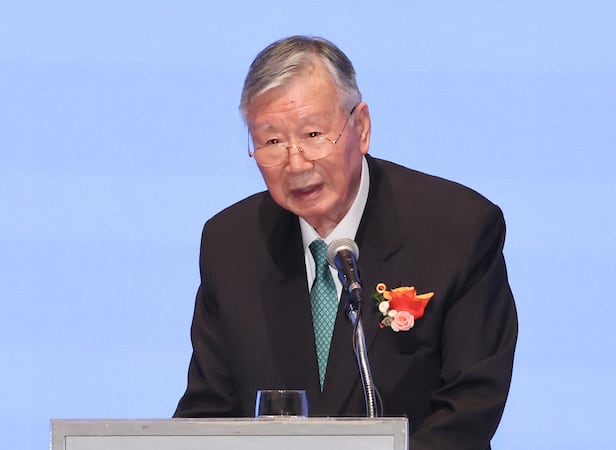Experts Propose Raising Senior Age Threshold to 70 in South Korea

On May 9, a group of ten experts, including Professor Jeong Soon-dul from Ewha Womans University, Song Jae-chan, Secretary General of the Korean Senior Citizens Association, and Lee Yoon-hwan, President of the Korean Gerontological Society, officially proposed raising the current senior age threshold from 65 to 70 years. This recommendation was outlined in a document titled 'Social Proposal on the Age Standard for Seniors.'
The experts have been engaged in discussions since February during a series of meetings organized by the Ministry of Health and Welfare, focusing on the appropriate age for seniors. However, as discussions stalled under the current government, they decided to consolidate their views and present this proposal.
In their document, they noted that the Senior Welfare Act, which established the age of 65 for seniors, was enacted 44 years ago in 1981. They emphasized that many aspects of society have changed since then. They pointed out that the issues of low birth rates and an aging population are expected to worsen, leading them to conclude that the appropriate age for seniors should now be set at 70.
The experts provided several justifications for this change, including an increase in life expectancy from 67.9 years in 1981 to 83.5 years today, and the current health status of 70-year-olds being comparable to that of 65-year-olds a decade ago. They also highlighted that if the age of 15 years of remaining life expectancy is used as a benchmark, the senior age has risen from 62 in 1980 to 73 in 2023.
Surveys conducted on the perceptions of seniors have shown that since 2011, individuals aged 65 and older have consistently identified the age of 70 as the threshold for being considered a senior. In 2023, this average rose to 71.6 years. A recent survey by the Korea Institute for Health and Social Affairs indicated that respondents aged 50 to 64 agreed that the senior age should be adjusted to 69.8 years.
However, the experts cautioned against overlooking the high poverty rates among seniors and the inadequate preparation for retirement in South Korea. They stressed the need to extend employment periods for primary jobs to prevent income gaps for seniors and to create opportunities for them to participate in the labor market based on their capabilities and needs. Many retirees face a three-year income gap between the end of their employment and the start of pension benefits, highlighting the necessity for stable income before entering old age.
They also argued for a gradual increase in the ages for pension enrollment and benefits. Currently, the age for receiving the National Pension is set at 63, with plans to adjust it to 65 by 2033. They suggested considering a proposal to raise it to 68 by 2048, as recommended by the 5th National Pension Financial Calculation Committee. Additionally, they proposed increasing the eligibility age for the Basic Pension to 66 starting in 2030, with a plan to raise it by one year every two years until it reaches 70 by 2040.
Furthermore, they recommended that the age threshold for senior citizen benefits, such as free subway rides, should also be raised, but applied flexibly based on income, assets, and regional factors. They emphasized that even with adjustments to the senior age standard, access to healthcare and long-term care services should continue to be guaranteed based on health status and care needs.
The experts called for a systematic review and adjustment of the senior age standard every five years, taking into account various indicators such as health levels, economic and social activities, poverty rates, societal perceptions, and the dependency ratio of the elderly.
While this proposal marks the first official recommendation for raising the senior age, Lim Eul-ki, the Director of the Elderly Policy Division at the Ministry of Health and Welfare, noted that the implications of such a change are significant and that further discussions will be necessary after the new government takes office to determine policy direction.
What do you think?
0 reactions





